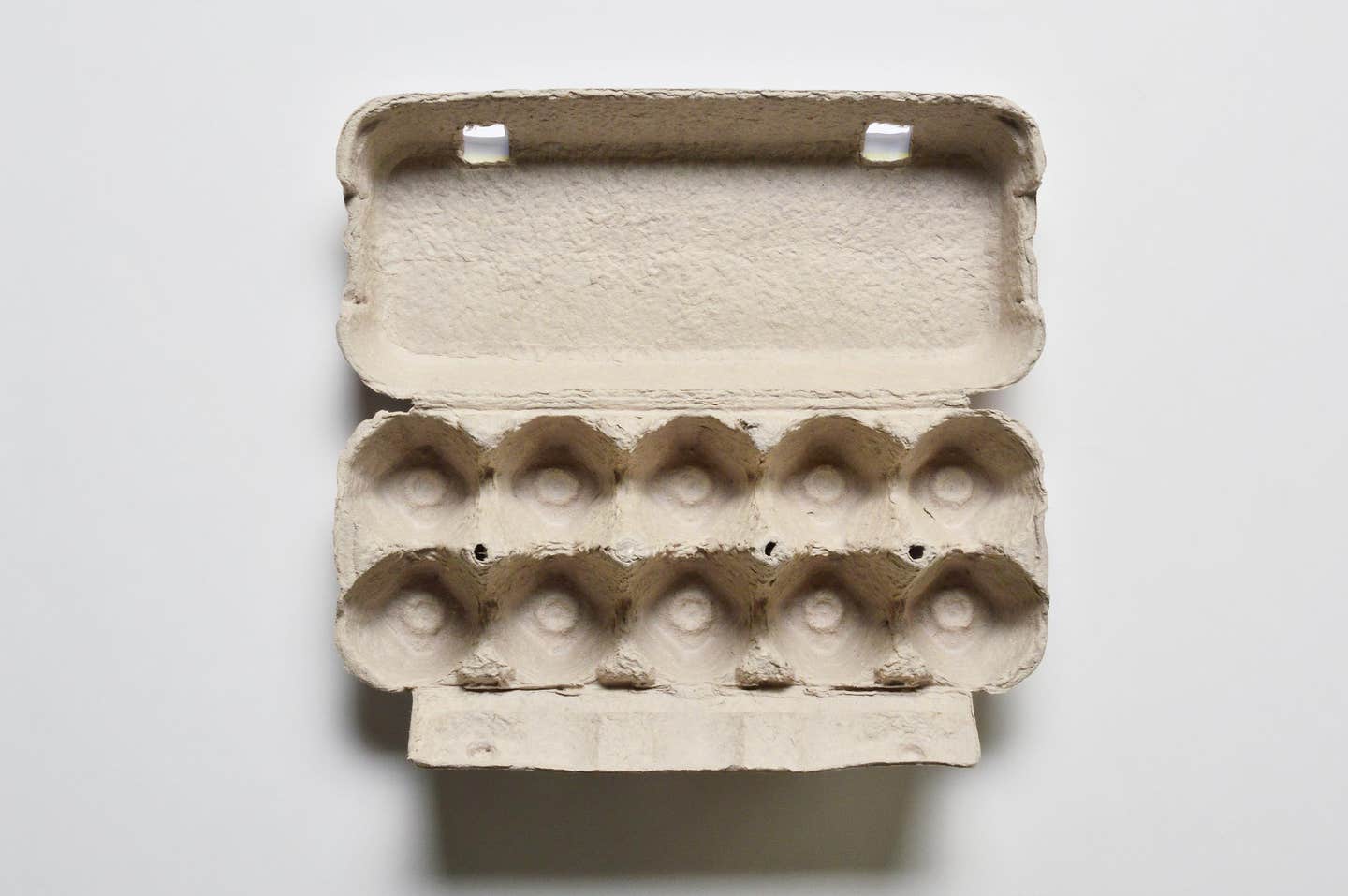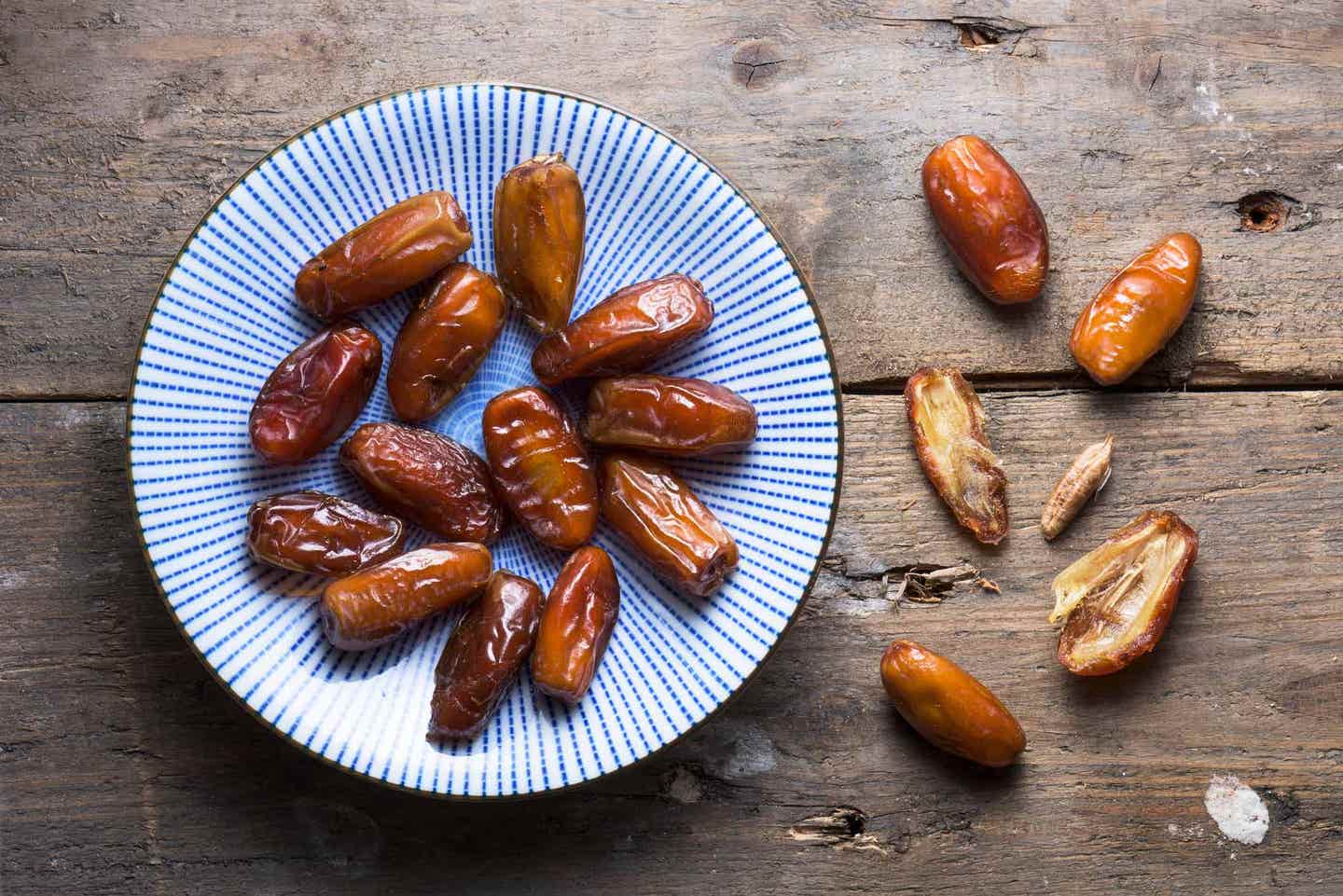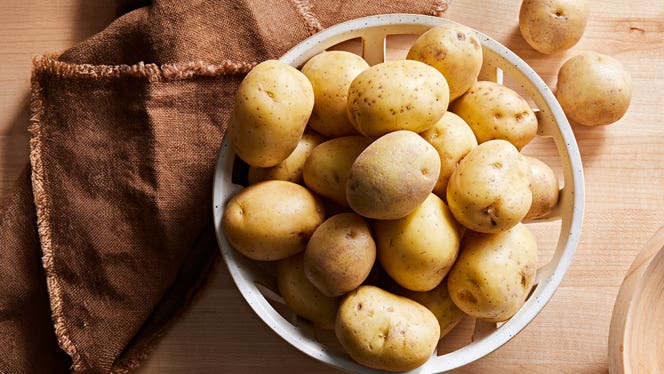It’s not easy sticking to healthy resolutions when you’re tired and hungry after a long day. That’s why we recommend setting aside an hour each weekend (or any day that’s convenient) to cook some beans and grains, and to prep produce for the week ahead. Just an hour in the kitchen can go a long way to set you up for satisfying, plant-based meals throughout the week. (We've found this practice to be so helpful, we've incorporated menu-specific weekend prep instructions into our weekly Forks Meal Planner service.) Here are the weekly meal-prep basics to try on your own.
STEP 1: BEAN OF THE WEEK
I like to cook with different varieties of beans or lentils every week, which I cook from scratch. (When time is limited, you can always use canned.) They taste great, and you can add them to salads and stews, mix them with whole grains and steamed vegetables, blend them into hummus and other spreads or dips, or use them in sweet and savory baked goods like muffins, cornbread, burgers, or falafel.
I prepare beans in a large batch and then portion it out into 1½-cup measurements—the same amount you’d get in a can of beans. That makes it easy to use them in recipes that call for canned beans. I keep two to four portions in the fridge for immediate use, and freeze the rest for later in the week or future weeks. Cooked beans will keep well in the freezer for up to four months.
Bean-Cooking Basics
1. Soak beans overnight using 1 quart of filtered water for each cup of beans. This reduces the cooking time considerably. If you don’t have time for overnight soaking, use the quick-soak method: Soak beans in hot water for an hour before cooking.
2. Transfer the beans to a pot and add enough fresh, filtered water to cover the beans by 1 inch.
3. Bring the water to a boil, then simmer beans over medium-low heat for 25 to 30 minutes. To test for doneness, pinch a cooled bean between your fingers. If they’re ready, the bean will be easy to squash, and the interior will have an even color.
4. If you’re cooking dry, unsoaked beans, you may need to add more water halfway through the cooking time, and cook for twice as long.
Lentil-Cooking Basics
1. Red, brown, or French green lentils require no soaking. Yellow and green split peas and yellow lentils are best cooked following the quick-soak method (see above). For whole yellow or green peas, follow the same soak/cook instructions as for beans.
2. Place the lentils in a pot and cover with 1½ cups of fresh, filtered water for every cup of lentils.
3. Bring the water to a boil, then simmer lentils over medium-low heat for 20 to 25 minutes.
4. Test for doneness by pinching a lentil between your fingers: If it is done, it will be easy to squash. For soups and stews, you can cook lentils until they reach a very creamy texture; for salads and bowls, stop cooking once lentils are tender but not falling apart.
Pro Tips
Always rinse beans and lentils before soaking or cooking. Fill the pot with enough water to cover the beans or lentils, then swish the water around and discard. Repeat 2 to 3 times until the water runs clear.
Add some flavor. You can subtly enhance the taste of beans and legumes by adding a couple of bay leaves, thyme sprigs, cinnamon sticks, or a piece of kombu (a flavorful sea vegetable). Remove these once the cooking is done.
Save it for later. If don’t have time to cook beans that have already soaked, simply move them to the refrigerator. As long as they stay chilled, beans can soak in the same water for up to three days without spoiling.
STEP 2: GRAIN OF THE WEEK
Like beans and lentils, you will want to have one or two types of grains cooked and ready to add to stews or salads, or to accompany a curry. I like to divide and store them in 2-cup portions, which is enough for two servings. There are endless varieties to choose from, but the most versatile are brown rice and quinoa. Add whole cumin seeds, cinnamon sticks, star anise, sprigs of mint or dill, or whole fennel seeds for extra flavor.
Quinoa and millet cook quickly and need no soaking.
1. Place the grains in a pot with 2 cups of fresh, filtered water for every cup of grains.
2. Bring the water to a boil, then simmer over medium-low heat for 20 minutes.
3. Remove from heat and let stand for 10 minutes. Fluff with a fork.
4. Drain off any excess water, and store cooked grains in airtight containers.
Brown rice takes 40 to 50 to minutes to cook; soaking cuts that time in half.
1. Soak the rice for 30 minutes using 2 cups water for every cup of rice.
2. Drain soaked rice, and place it in a pot with 1½ cups of fresh, filtered water for every cup of rice. (Note: For unsoaked rice, the ratio is 2:1.)
3. Bring the water to a boil, then simmer over medium-low heat for 20 to 25 minutes.
4. Remove from heat and let stand for 10 minutes. Fluff with a fork.
5. Drain off any excess water, and store cooked grains in airtight containers.
Grain berries like rye, barley, wheat, spelt, oats, and farro require overnight soaking.
1. Soak the grains overnight in 2 cups of fresh, filtered water for every cup of grains.
2. Drain soaked grains, and place them in a pot with 1½ cups of fresh, filtered water for every cup of grains.
3. Bring the water to a boil, then simmer over medium-low heat for 20 to 25 minutes.
4. Drain off any excess water, and store cooked grains in airtight containers.
STEP 3: PREP SOME PRODUCE
While your beans and grains are bubbling on the stove, tackle the produce in your kitchen so it’s ready for snacking and easier to add to recipes throughout the week.
Wash and dry one or two leafy greens like lettuce, kale, spinach, or Swiss chard. Clean and dry in a salad spinner, and store in zip-top plastic bags.
Chop and slice onions, leeks, and/or shallots. Store in separate airtight containers.
Clean and prep one or two seasonal vegetables like zucchini, squash, bell peppers, cabbage, beets, asparagus, cauliflower, broccoli, etc. Clean and cut into desired size. Steam the ones that will taste best cooked (think beets, asparagus, cauliflower, or broccoli).
Rinse and dry fresh herbs in a salad spinner, wrap them in a paper towel, then store in zip-top plastic bags.
Extra credit: You can also roast, sauté, or steam a vegetable in a big batch and use it in different dishes throughout the week. Pick a vegetable from each category and you will have a variety of flavors and textures in your meals.

Related News
Save 40% This WeekOn Forks Meal Planner

Forks Meal Planner takes the hard work out of making nutritious meals the whole family will enjoy.
SAVE $200 ON OUR ULTIMATE COURSE

Join our best-selling course at a new lower price!



